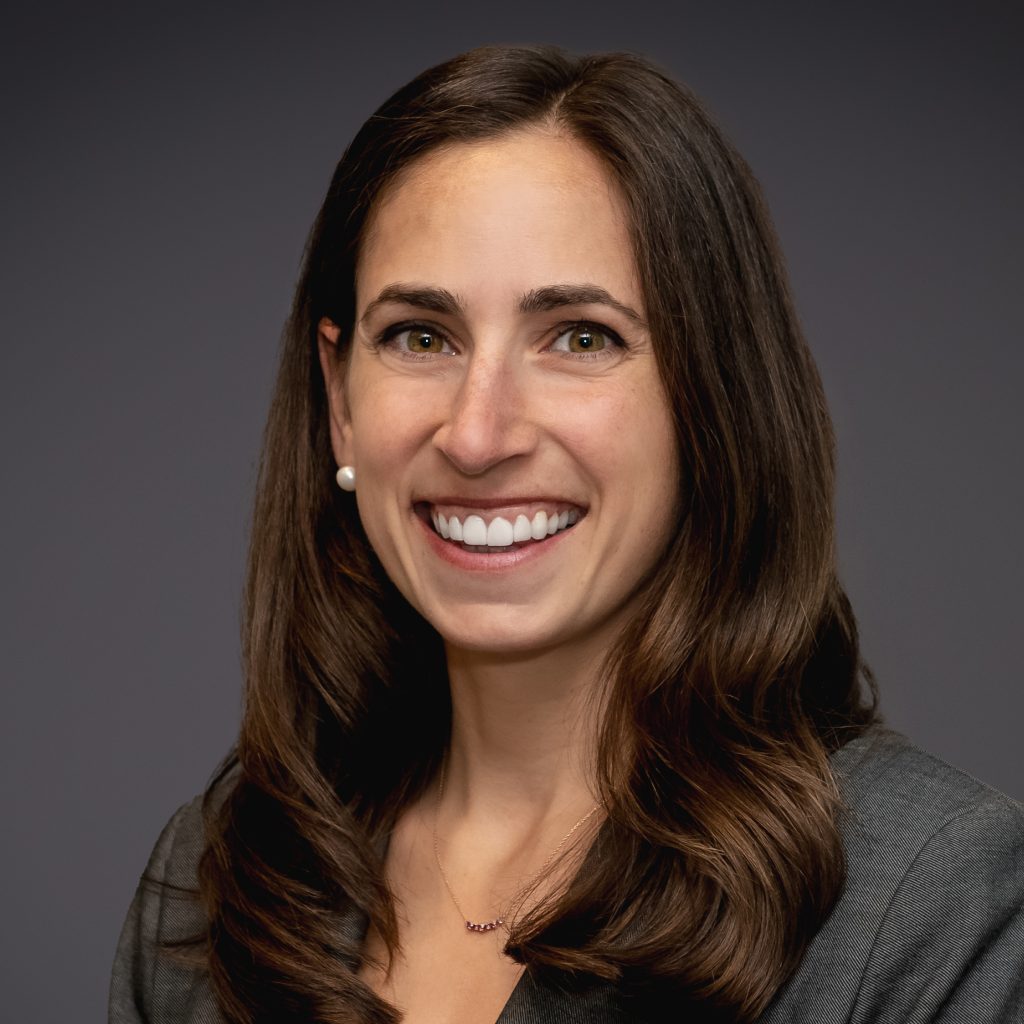Publications

DOJ Hires Compliance Expert: Now is the Time to Assess Your Compliance Program – Does it Have Teeth or is it Merely a Paper Tiger?
On November 2, 2015, Leslie R. Caldwell, Assistant Attorney General for the Criminal Division at the U.S. Department of Justice (“DOJ”), announced the hiring of a new corporate compliance counsel, Hui Chen, who will act as an expert advisor to prosecutors in the DOJ’s Fraud Section. It is expected that Chen will advise DOJ prosecutors on the effectiveness of compliance programs, and whether companies have taken remedial action to prevent future wrongdoing after a corporate resolution is reached.
With this in mind, now is the time to review your compliance program. Ask yourself: if I ever need to rely upon my company’s compliance structure in discussions with a prosecutor or regulator, will it stand up to this new level of scrutiny?
Caldwell explained that the DOJ is concerned with “a surprising number of companies [that] still lack compliance programs. And even more companies have what appear to be good structures on paper, but fail in practice to devote adequate resources and management attention to compliance.” Chen will help the Fraud Section “assess a company’s program, as well as test the validity of its claims about its program.” The goal is to determine whether compliance programs are genuine efforts to assess compliance risks, or are merely “window dressing,” and also to have Chen provide a “reality check” using her experience in compliance in a wide variety of industries.
Chen served as an Assistant U.S. Attorney in the Eastern District of New York. She was also a Compliance Officer for Microsoft, the Assistant General Counsel at Pfizer, and the Global Head of Anti-Bribery and Corruption at Standard Chartered Bank. She will now act as the DOJ’s “expert eye” to evaluate compliance programs on a case-by-case basis to ensure their effectiveness.
Caldwell reiterated that the department was not moving towards recognizing a “compliance defense.” Instead, the DOJ will “review companies’ compliance programs as one of the many factors to be considered when deciding whether to criminally charge a company or how to resolve criminal charges.”
Caldwell re-emphasized many of the ten “hallmarks of good compliance programs,” which the DOJ released last year, such as a high level of commitment to compliance, clear and well-communicated written policies, regular review of company polices, and requirements for third parties, such as vendors, agents, and consultants. Caldwell also focused on new areas of compliance programs that Chen will be able to assist with. In the anti-money laundering and sanctions contexts, prosecutors, with the assistance of compliance counsel, will look to see what the institution’s “know your customer” policy looks like. Specifically, an institution must ensure that its anti-money laundering, sanctions, and other compliance policies and practices are “tailored to identify and mitigate the risks posed by its unique portfolio of customers.” Caldwell also emphasized that financial institutions operating in the U.S. must comply with U.S. laws, which although seemingly straightforward, is often not implemented in practice. Caldwell encouraged financial institutions to not only file Suspicious Activity Reports when they suspect that an account is connected with “nefarious activity,” but to alert law enforcement authorities about the problem as well.
Compliance programs will now be looked at as a whole. No longer is it sufficient to have a solid program on paper. Companies must practice what they preach and actually institute the polices that they lay out. Chen’s role will include assessing a company’s compliance and remediation efforts after a corporate resolution is reached, requiring ongoing Fraud Section assessments, and will “provide expert guidance to help prosecutors and monitors evaluate whether the implementation of such measures is effective and in keeping with the terms and purposes of Fraud Section resolutions.”
There is also an increased focus on transparency and candor. Not only does the Justice Department highlight the need to be candid and forthcoming with the regulators, but Caldwell underlined “what a devastating effect an inattention to compliance can have,” noting that when the Criminal Division files charges, they place in the public record “detailed information” explaining the charges.
Companies can expect Chen’s hiring to have a twofold effect: the Justice Department will have a more realistic view of what it takes to have an effective compliance program, and companies will no longer be able to claim that the Department’s standards are unattainable; the enforcer of those standards once had to attain them herself. After years of building compliance programs, Chen knows what to look for, and companies will be hard-pressed to convince her that a lax compliance program is actually effective. With Chen’s guidance, it will be increasingly difficult for a company to hide behind a perfect program on paper that, in reality, has no teeth.
